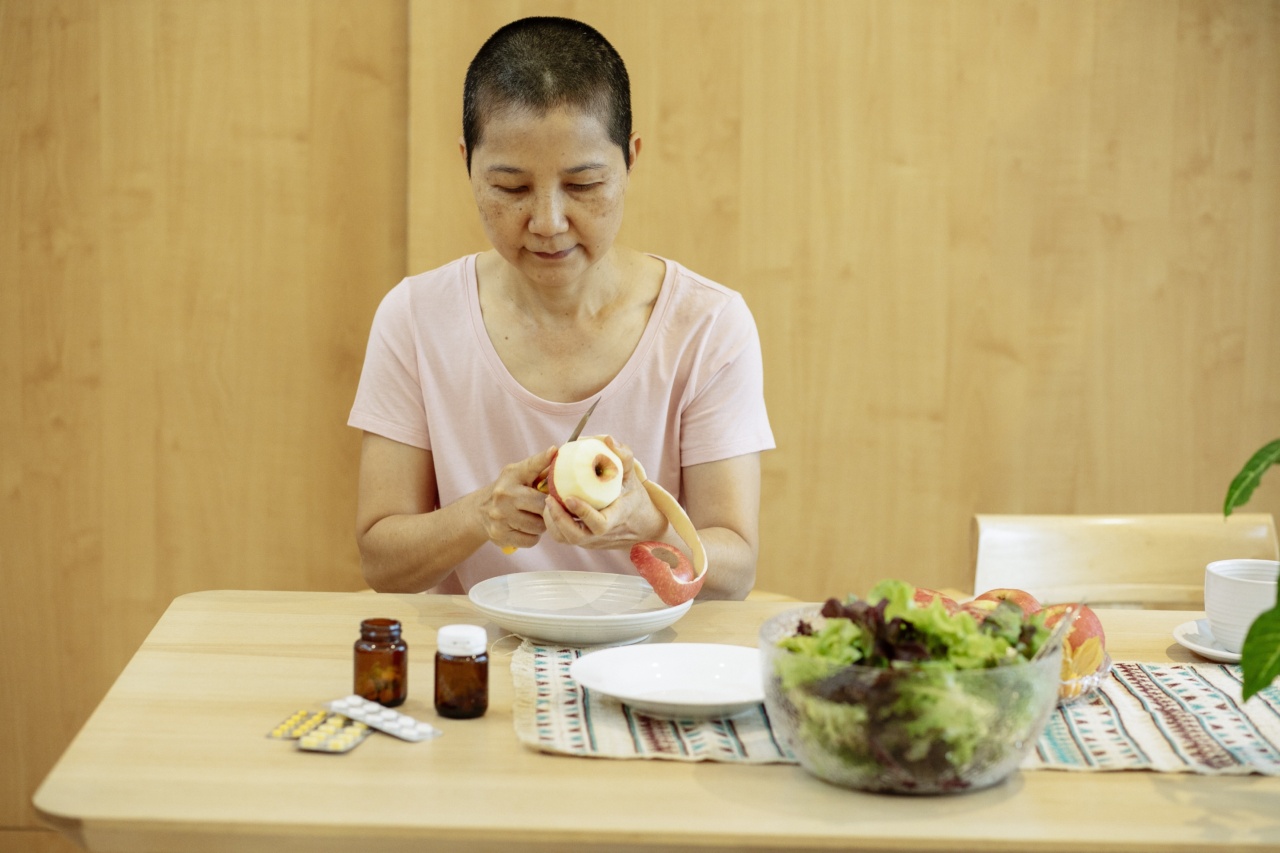Prostate cancer is one of the most common types of cancer in men, with millions of cases diagnosed each year.
While conventional treatments such as surgery, radiation, and chemotherapy are commonly used, many individuals are turning to alternative methods to complement their medical treatment. Vitamin supplements have gained popularity as a potential way to support prostate health and potentially reduce the risk and progression of prostate cancer.
This article explores some of the key vitamins that have been studied in relation to prostate cancer and provides evidence-based recommendations on their use.
1. Vitamin D
Vitamin D is a crucial nutrient for maintaining overall health, and its role in prostate cancer prevention and treatment has been extensively studied.
Several studies have suggested that low levels of vitamin D are associated with an increased risk of developing prostate cancer. Additionally, adequate levels of vitamin D have been found to be linked with a lower risk of advanced prostate cancer and improved survival rates in prostate cancer patients.
However, more research is needed to determine the optimal dosage of vitamin D for prostate cancer prevention and treatment.
2. Vitamin E
Vitamin E, specifically the form known as alpha-tocopherol, is a fat-soluble antioxidant that plays a critical role in protecting cells from oxidative damage.
Some studies have suggested that higher levels of vitamin E intake or supplementation may reduce the risk of prostate cancer. However, other studies have shown conflicting results, highlighting the need for further research.
It’s important to note that high-dose vitamin E supplements may carry potential risks, such as an increased risk of bleeding or cardiovascular events, so it’s crucial to consult with a healthcare professional before starting supplementation.
3. Selenium
Selenium is a trace mineral that functions as an antioxidant in the body. Research has indicated a potential protective effect of selenium against prostate cancer.
A large-scale clinical trial called the SELECT trial, however, found no significant reduction in prostate cancer risk among participants taking selenium supplements. While more research is needed to draw definitive conclusions, it’s worth noting that excessive intakes of selenium can be harmful.
Therefore, it is important to consult with a healthcare professional and consider obtaining selenium from dietary sources such as Brazil nuts, fish, and whole grains.
4. Vitamin C
Vitamin C is a water-soluble antioxidant that plays a vital role in immune function and overall health.
Although there is limited evidence specifically linking vitamin C supplementation to prostate cancer prevention or treatment, it is an essential nutrient that supports overall well-being. A diet rich in fruits and vegetables, which are abundant sources of vitamin C, is generally recommended for optimal health.
5. Vitamin K
Vitamin K encompasses a group of fat-soluble vitamins that are essential for blood clotting and bone health.
While vitamin K has not been extensively studied in relation to prostate cancer, some research suggests that it may play a role in inhibiting cancer cell growth and promoting apoptosis (programmed cell death) in prostate cancer cells. However, further research is necessary to understand the potential benefits and optimal dosage of vitamin K supplementation for prostate cancer prevention and treatment.
6. B Vitamins
B vitamins, including B6, B9 (folate), and B12, are important for various cellular processes in the body, including DNA synthesis and repair. Some studies have suggested that adequate levels of B vitamins may help reduce the risk of prostate cancer.
For example, a meta-analysis found that higher levels of vitamin B6 and folate were associated with a reduced risk of prostate cancer. However, additional research is needed to better understand the relationship and potential benefits of B vitamin supplementation in prostate cancer prevention and treatment.
7. Zinc
Zinc is an essential mineral involved in numerous enzymatic reactions in the body, including DNA synthesis, immune function, and cell growth. It is also highly concentrated in the prostate gland.
Some studies have indicated that zinc deficiency may be associated with an increased risk of prostate cancer. However, the role of zinc supplementation in prostate cancer prevention or treatment remains uncertain and requires further investigation.
It is worth mentioning that excessive zinc intake can lead to adverse effects, such as impaired immune function or copper deficiency. Therefore, it is crucial to consult with a healthcare professional before considering zinc supplementation.
8. Lycopene
Lycopene is a carotenoid pigment responsible for the red color in fruits and vegetables such as tomatoes and watermelon. It is known for its antioxidant properties and has been extensively studied in relation to prostate cancer.
Some research suggests that high levels of lycopene intake or supplementation may be associated with a reduced risk of prostate cancer. However, more robust clinical trials are needed to establish the efficacy and safety of lycopene supplementation in prostate cancer prevention and treatment.
9. Green Tea Extract
Green tea contains polyphenols, particularly catechins, which have been studied for their potential anticancer effects.
Some research suggests that green tea polyphenols, especially epigallocatechin-3-gallate (EGCG), may inhibit the growth and proliferation of prostate cancer cells. However, clinical evidence regarding the effectiveness of green tea extract as a stand-alone treatment for prostate cancer is limited.
It is also important to note that green tea extract may interact with certain medications, so consulting with a healthcare professional is advised.
10. Curcumin
Curcumin is a compound found in turmeric, a spice commonly used in Indian cuisine. It has gained attention for its potential health benefits, including its anti-inflammatory and antioxidative properties.
Preliminary studies have shown that curcumin may help inhibit the growth and spread of prostate cancer cells. While more research is needed to determine the optimal dosage and formulation of curcumin for prostate cancer treatment, adding turmeric as a spice to meals may provide some potential benefits.































